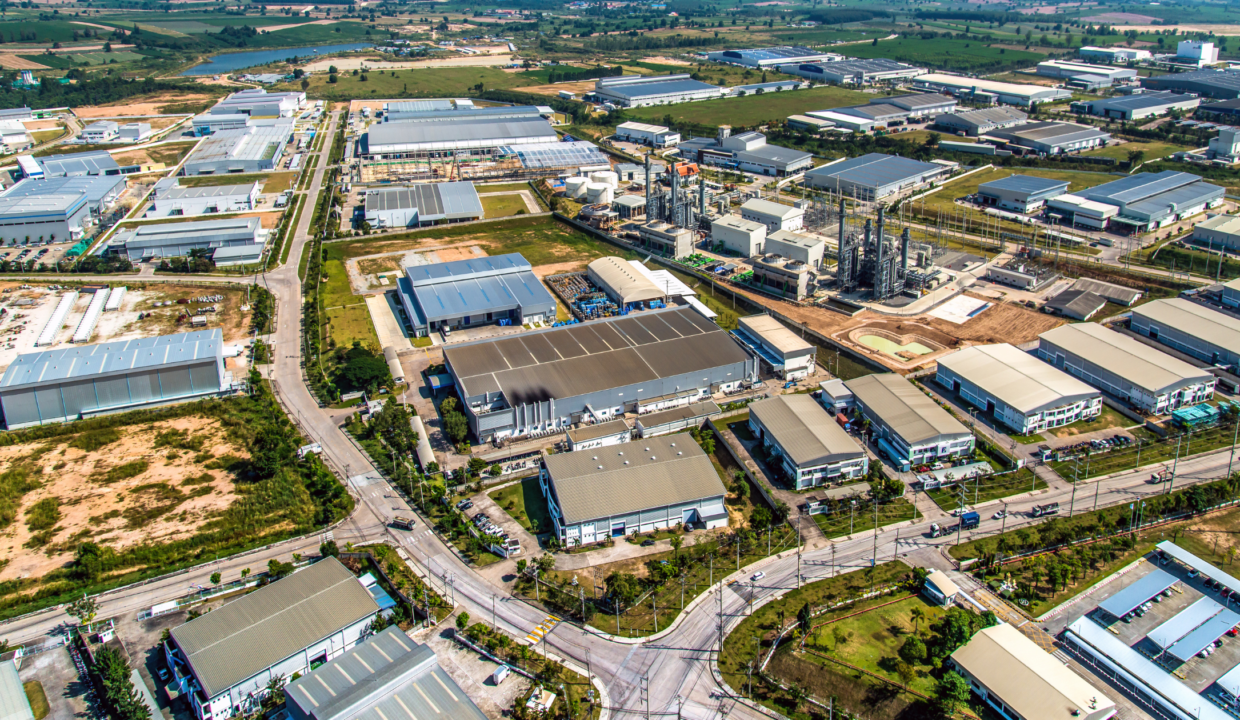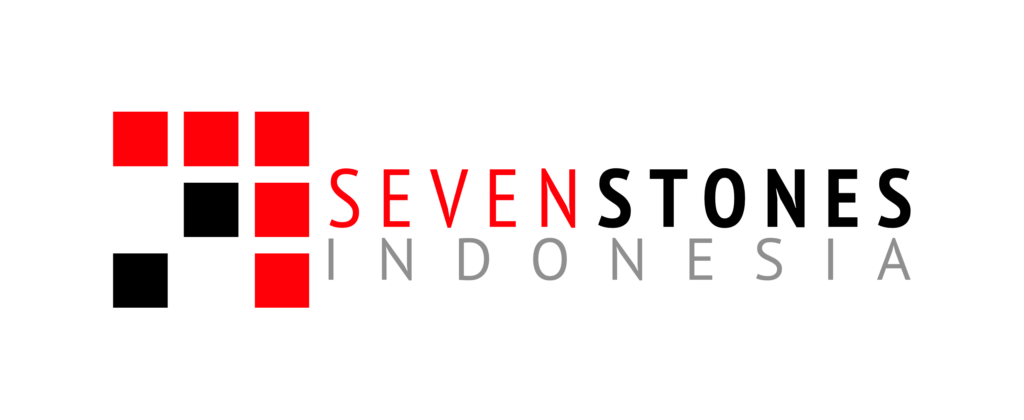
Indonesia’s industrial land sales showed promising growth in 2024, driven largely by the data center sector. Sanny Iskandar, Chairman of the Indonesian Industrial Estates Association, explained that increased digitalization and growing demand for data storage fueled this growth.
“This trend is heavily influenced by government policies on digital transformation, as well as the rise of cloud computing and e-commerce services,” Sanny said, as reported by Kontan.
Despite the positive momentum in 2024, the outlook for 2025 remains uncertain. The expected rise in VAT and minimum wages may slow down industrial land sales. Businesses will face higher operating costs, which may cause them to proceed with caution, leading to slower growth in 2025.
Indonesia Land Sales 2025 Forecast: A Slowdown Expected
The planned VAT increase from 10% to 12% will likely pressure land development costs. Sanny Iskandar pointed out, “The increase in VAT could raise the cost of purchasing industrial land, which is likely to make investors more selective.”
This cost rise, combined with the anticipated minimum wage hike, will likely cause businesses to hesitate before committing to new land purchases. As a result, industrial land sales in 2025 will likely grow at a slower pace compared to 2024. Developers and investors will need to carefully weigh the financial impact of these changes before making investments.
To maintain investor interest, industrial estate developers must become more innovative. They could offer attractive payment schemes or develop areas with modern, green, and high-tech concepts. These strategies will be essential in attracting investment and offsetting the economic pressures businesses may face in 2025, making the market more competitive.
Economic Factors Influencing Indonesia’s Industrial Property Market
Beyond VAT and minimum wage hikes, other economic factors are influencing Indonesia’s industrial property market. Global economic conditions, such as supply chain disruptions and inflationary pressures, have caused fluctuations in land and construction costs.
Regulatory challenges are also creating uncertainty for investors. As Sanny Iskandar emphasized, “Changes in existing trade regulations, the uncertainty and backlog of Environmental Impact Assessment approval applications, and the Constitutional Court ruling that annulled several articles in the labor cluster of the Omnibus Law on Job Creation, along with issues in implementing fiscal policies, have significantly impacted investor interest.”
These regulatory and fiscal challenges, combined with global trade uncertainties, are making the investment climate unpredictable for industrial property developers and investors.
Indonesia Industrial Land Sales Outlook: Recovery or Decline?
The outlook for Indonesia’s industrial land sale in the coming years is mixed, with both recovery potential and signs of decline. On one hand, data center sectors continue to drive demand, fueled by digital transformation and the rise of cloud computing.
However, economic challenges, including higher VAT, rising minimum wages, and regulatory hurdles, will likely limit growth. Developers are adapting by offering innovative payment schemes and focusing on sustainable, high-tech industrial zones to attract investors.
But with global uncertainties and local fiscal and policy challenges, the pace of recovery may be slower than expected. Investors will likely remain cautious, carefully assessing the evolving economic and regulatory landscape before committing to new projects.
Future of Industrial Land Sales in Indonesia
Indonesia’s industrial land market faces both challenges and opportunities in 2025. Rising operational costs and regulatory changes could slow growth, but strategic innovations by developers, such as eco-friendly and tech-forward industrial zones, may attract investment. As the market adjusts to these shifts, careful planning and adaptation will be crucial in ensuring continued progress despite the economic uncertainties.
Source: industry.kontan.co.id
Image: Getty Images
